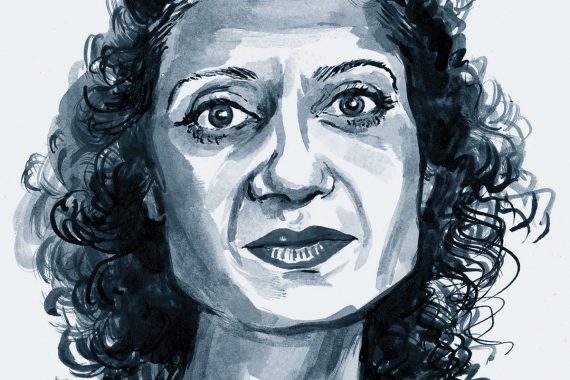At a time when consensus is increasingly hard to achieve, Pulse columnist Dr Shaba Nabi says GPs can agree on the need to address unlimited workload
I have fond memories of a partnership meeting spent deciding on the colour of a new uniform for the reception team. Following my suggestion, we settled on purple because it’s a good colour for all skin tones. This hour-long, low-risk discussion involved nine partners – imagine what it would take to discuss such issues in a PCN team or a hospital. The challenge of achieving consensus was one of the many reasons I did not welcome the PCN DES.
Binary decisions are easy but shared values are complex and nuanced. It’s an easy sell to get the profession behind a ‘restore the core’ message but more challenging to secure consensus about what happens next if we don’t achieve this.
We have only two cards up our sleeves and the choices they represent couldn’t be more polarised.
Those of us identifying with the colour red will hold up placards outside a practice closed for industrial action and demand fair funding. We will not care about the consequences of withdrawing services as we will rely on our solidarity to prevent mass contract breach notices. We will also justify the short-term pain for patients by prioritising the longer-term gain.
Those identifying with the colour blue will wish to leave for the private sector. Again, if everyone withdraws from the NHS, we’ll have a captive audience for private provision of our services, and we can justify our position by pointing to successful healthcare schemes across the world.
I am in no doubt that either approach would succeed if backed by a critical mass of GPs prepared to follow through. But that’s where the problems start. Each option is so tied to the values and belief system of its proponents that we would face significant cognitive dissonance.
So, what does unite us as a profession? It’s not money, as data on the gender pay gap highlight the disparities in our income. It’s not contractual status, as salaried GP numbers are overtaking partner numbers in England. It’s not the nature of our role, as some of us want to be cradle-to-grave family doctors, some of us want to separate urgent from planned care, and some of us want to be expert medical generalists supervising an army of allied healthcare professionals.
For me personally, there is one major area of general practice that makes my life a living hell and that is the unlimited workload. I can’t think of any other provider whose time expands according to the demands caused by a contract that places no ceiling on the amount of work to be done. The demand keeps building, even if it is kept at arm’s length through waiting lists and diverting as much as possible to other providers.
We GPs all share the collective pain of this unlimited work, so couldn’t we be mobilised to share the collective solution? There are many practices already operating informal workload caps, but we need to do it collectively and we need to do it hard. We don’t want artificial intelligence attempting to replicate our complex diagnostic skills but it could be used to triage our work to prioritise clinically needy patients and dispatch others to the appropriate professionals.
The safety of GPs and the patients they look after should be an easy message to sell – to the public, to politicians and most of all to the profession. We can still be working up other solutions and seeking consensus on a vision for a new contract, but the time for hard workload caps is now – before we haemorrhage even more of our precious workforce.
Dr Shaba Nabi is a GP trainer in Bristol. Read more of her blogs here


















‘I can’t think of any other provider whose time expands according to the demands caused by a contract that places no ceiling on the amount of work to be done.’
I’m not totally disagreeing with you but do you know any teachers?
As you noted, there are red and blue contingents among GPs, and also green, yellow, etc.
It might be sensible to mix up some universal purple from red and blue, but it is not possible.
It turns out a murky brown which nobody likes the smell of.
And then there are hospital doctors to add to the mix too – unless they just hide to avoid the brown mess.
No, I would challenge doctors to get united at all.
The time really is now for GPCE to get their act together. We have one hell of a job on to get a contract that is fit for purpose for next year.
Negotiate hard. Use the evidence to back up our claims and build a contact that will entice us all to stick at the partnership model. It works (for the lost part) but if properly funded and give the space and time to grow, it could go a long way to help solve some of our most pernicious problems in the nhs.